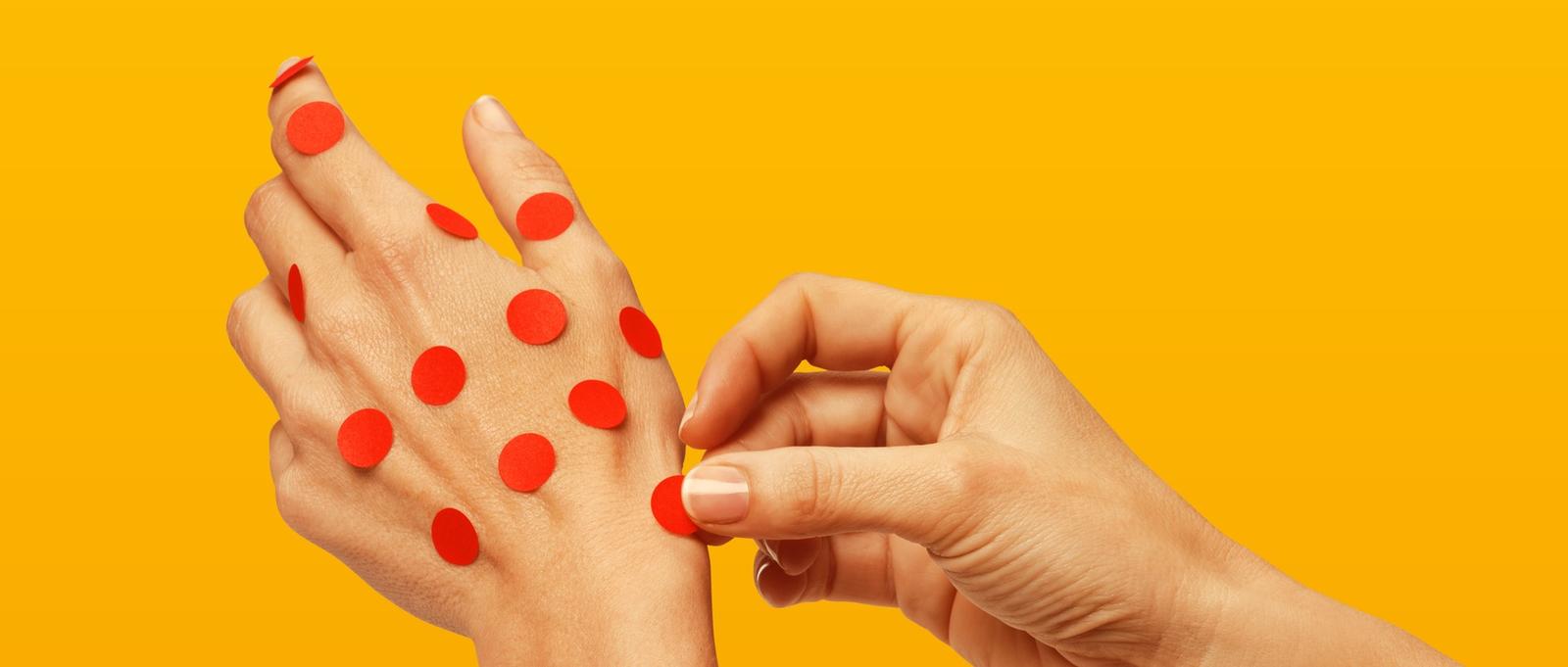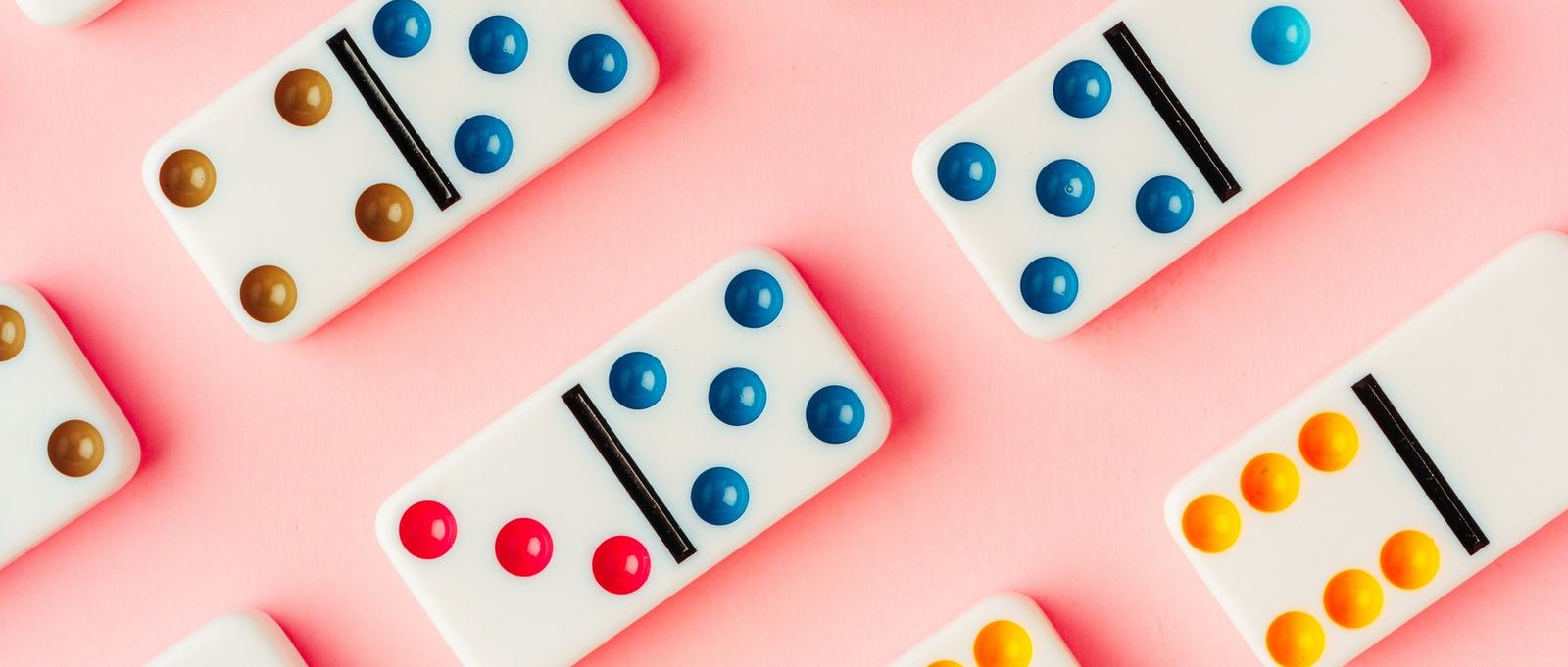
How to treat an infected piercing
Peer reviewed by Dr Krishna Vakharia, MRCGPLast updated by Amberley DavisLast updated 1 May 2024
Meets Patient’s editorial guidelines
- DownloadDownload
- Share
- Language
- Discussion
All body piercings take time to heal. How can you tell the difference between the normal signs of temporary irritation and the signs of infection? And if you have an infection, what should you do?
In this article:
Continue reading below
Piercings are open wounds
Body piercings can be a fun way to express your style and make a statement, but don't let the aesthetics distract you from self-care - a fresh piercing is essentially an open wound.
These wounds can take different times to fully heal, depending on where they are on the body. For example:
Earlobe piercings - usually take 6 - 8 weeks to heal.
Ear cartilage piercings - take significantly longer, because cartilage tissue is much tougher. There are many types of cartilage piercings, including helix piercings which heal within 3 - 6 months, and daith and tragus piercings, which can take up to 12 months.
Nose piercings - usually take 2 - 4 months to heal.
Nipple piercings - usually take 6 weeks to 6 months to heal.
Tongue piercings - usually take 4 - 6 months to heal.
Belly button piercings - usually take 9 - 12 months to heal. They are also the most at risk of infection.
Before piercings have completely healed, there are several ways that bacteria can enter and cause infection.
Piercing the body with unsterile instruments.
Touching piercings with unwashed hands or unclean materials.
Handling the piercing too often.
Jewellery being screwed in too tightly, not allowing enough oxygen to reach the wound so it can heal.
How to know if a piercing is infected
If you've just had a body piercing, it's normal to have signs of mild skin irritation. After all, your skin has been punctured, and recovering from this injury brings its own symptoms.
What normal looks like
In the first few weeks a fresh piercing might:
Look slightly red on light skin or a little darker than usual on dark skin.
Feel itchy.
Be a little sore, especially if touched or knocked.
Come up in small fluid-filled lumps, called granulomas, especially on cartilage piercings.
Leak a pale fluid that can form a small crust - but this should clear up within a few days.
What an infected piercing looks like
Your piercing might be infected if any of the above symptoms last longer than a few weeks or become gradually more severe. Infections can also occur at any time during the healing stage - which could be weeks or months after the first irritation disappears. For example:
The area around the piercing remains or becomes increasingly swollen, painful, hot, or very red/dark.
Itching or burning that's too uncomfortable to ignore, interrupting daily life.
The piercing leaks pus or starts to bleed, outside of the first few days.
You feel shivery, hot, or generally unwell - this requires urgent medical attention.
If you are not sure, it is wise to go back to your piercer as they will know exactly what is needed to make the piercing heal.
Continue reading below
How to treat an infected piercing
An infected piercing can develop into something more serious, so it's important to book to see your piercer or GP as soon as possible. In the UK, the NHS also suggests calling 111, the non-emergency helpline, if you are sure it is infected.
While you wait for your appointment, having a cleaning routine at home will help manage the infection. If it's a minor infection, this could be enough to clear it up - if not, this cleaning routine can still help to contain the infection and limit damage before medication is prescribed.
Treating infection at home
Do not remove the piercing jewellery before you've seen your piercer or GP. Removing it on your own could spread the bacteria, allow the hole to close, and trap the infection inside. It also may not be necessary - less serious infections can heal without you having to lose your new piercing.
This cleaning routine is recommended for most new piercings. It becomes even more important if you suspect infection - even if the initial timeframe for daily cleaning recommended by your piercer has passed.
Cleaning routine for new or infected piercings
Avoid touching your piercing unless you're cleaning it.
Clean your piercing 2 - 3 times a day.
Make a cleaning saltwater solution by adding ½ teaspoon of salt to one cup of warm water. Alternatively, you can purchase a specially formulated cleansing solution.
Don't use alcohol or hydrogen peroxide solutions as these can further irritate the skin and slow recovery.
Wash your hands before touching the piercing, soak a cotton bud or pad in your saltwater solution, and apply all around the piercing site - get as close as possible while leaving your jewellery in place.
Pat dry with paper towels or gauze - these materials won't transfer fabric fibres to the wound.
Twist your piercing a few times to prevent it from sticking to the skin.
Treatment from your doctor
If the piercing is infected but you feel well with it, your local doctor can help get it better. But if you also feel sick or dizzy, have fever or chills, or notice that swelling and redness is spreading away from the piercing site, this could be a medical emergency.
Your doctor may prescribe you a course of antibiotics that you either swallow as a pill or apply as a cream. They'll also be able to confirm if you need to remove your jewellery or not.
How to prevent an infected piercing
The fight against infection starts with your choice of piercer. Take the time to find a qualified and experienced licensor - this could include reading customer reviews and asking piercers if their tools are sterile and what jewellery metal they use.
A safe professional shouldn't use metals that commonly trigger allergic skin reactions, such as nickel sensitivity. All piercers should provide detailed after care information.
If you want to continue avoiding infection, the two main rules are cleanliness and commitment. Adopt good hygiene habits and be consistent with your piercing cleaning routine, which can vary depending on the type of piercing you have. This can require you to be patient, as piercings can take months to fully heal.
There are also some important piercing healing period don'ts:
Don't pierce your own ears.
Don't swim for the first 24 hours after getting pierced.
Don't clean your piercing with cotton wool - use a cotton bud or pad instead.
Don't handle or touch your piercing too much - this includes twisting the jewellery and picking at any crusting.
Don't use a towel to dry the piercing.
For genital piercings - follow your piercers advice on when you can have sex.
For mouth piercings - follow your piercers advice on when you can have oral sex.
Patient picks for Other skin conditions

Skin, nail and hair health
What are skin tags and how can I get rid of them?
Skin tags are very common - but when should you worry about skin tags or look into removal options? We asked a consultant dermatologist for advice.
by Victoria Raw

Skin, nail and hair health
How to prevent and soothe skin cysts: a simple guide
If you find a little round lump on your skin, you may have developed a cyst. These growths are generally harmless and can vary in size. We examine the various types of skin cysts and when to check in with your doctor.
by Victoria Raw
Continue reading below
Article history
The information on this page is peer reviewed by qualified clinicians.
Next review due: 1 May 2027
1 May 2024 | Latest version
5 May 2023 | Originally published
Authored by:
Amberley Davis

Ask, share, connect.
Browse discussions, ask questions, and share experiences across hundreds of health topics.

Feeling unwell?
Assess your symptoms online for free
Sign up to the Patient newsletter
Your weekly dose of clear, trustworthy health advice - written to help you feel informed, confident and in control.
By subscribing you accept our Privacy Policy. You can unsubscribe at any time. We never sell your data.